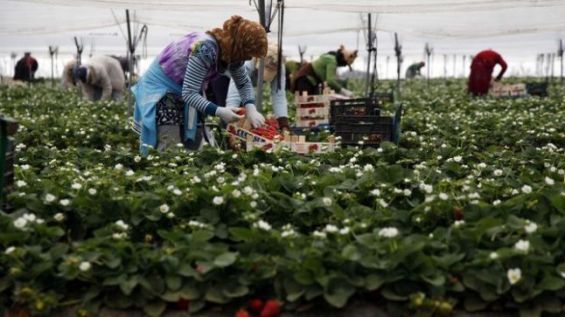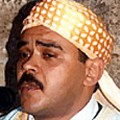After Morocco’s Commission for Social Sectors in the House of Representatives proposed to set up a fact-finding mission to monitor the situation of Moroccan strawberry pickers in Huelva, reports suggest that the project has been rejected.
Speaking to sources from the House of Representatives, Arabic-language online newspaper Alyaoum 24, said on Sunday that the body has refused the establishment of such a mission. The same source argued that the Parliament cannot conduct fact-finding missions outside the Kingdom.
«The parliament cannot investigate cases linked to its citizens in another countries», the same source told Alyaoum 24, indicating that «Morocco hosts a large number of migrants and it would never allow other countries to send fact-finding missions to its territory, it is unacceptable».
For the record, the idea of sending a fact-finding mission to Spain emerged as several Moroccan strawberry pickers sent to work in Huelva’s fields claimed that they were sexually assaulted and abused by their managers.
Some of these women have even reported abuses to the Spanish authorities, lodging complaints against their alleged assaulters.
The request is still pending
To fact-check reports regarding the parliamentary mission, Yabiladi spoke to Saida Ait Bouali, head of the Commission for Social Sectors in the House of Representatives. «According to what we have in hands now, and as head of the commission, I can assure you that we have not received an answer yet from the House of Representatives», said Bouali.
«We have received calls from different parliamentary groups to create a fact-finding mission to visit Huelva, the Commission agreed to that in a meeting held last Monday», recalled the politician, adding that the commission sent a request to the Parliament’s lower chamber but has not been answered yet».
«As head of the Commission for Social Sectors in the House of Representative, I rely on the documents I have and I act according to that», argued Bouali.
Replying to the fact that the parliament cannot send fact-finding missions outside the Kingdom, Bouali declared that in 2008 «the Commission [she is] currently heading managed to send a similar mission to Huelva where it met Moroccan workers, monitored their situation and came back with a report and photos on their working conditions».
«If the creation of such a mission gets refused, the bureau must present valid arguments, explaining and whys and hows», concluded the deputy.





 chargement...
chargement...













